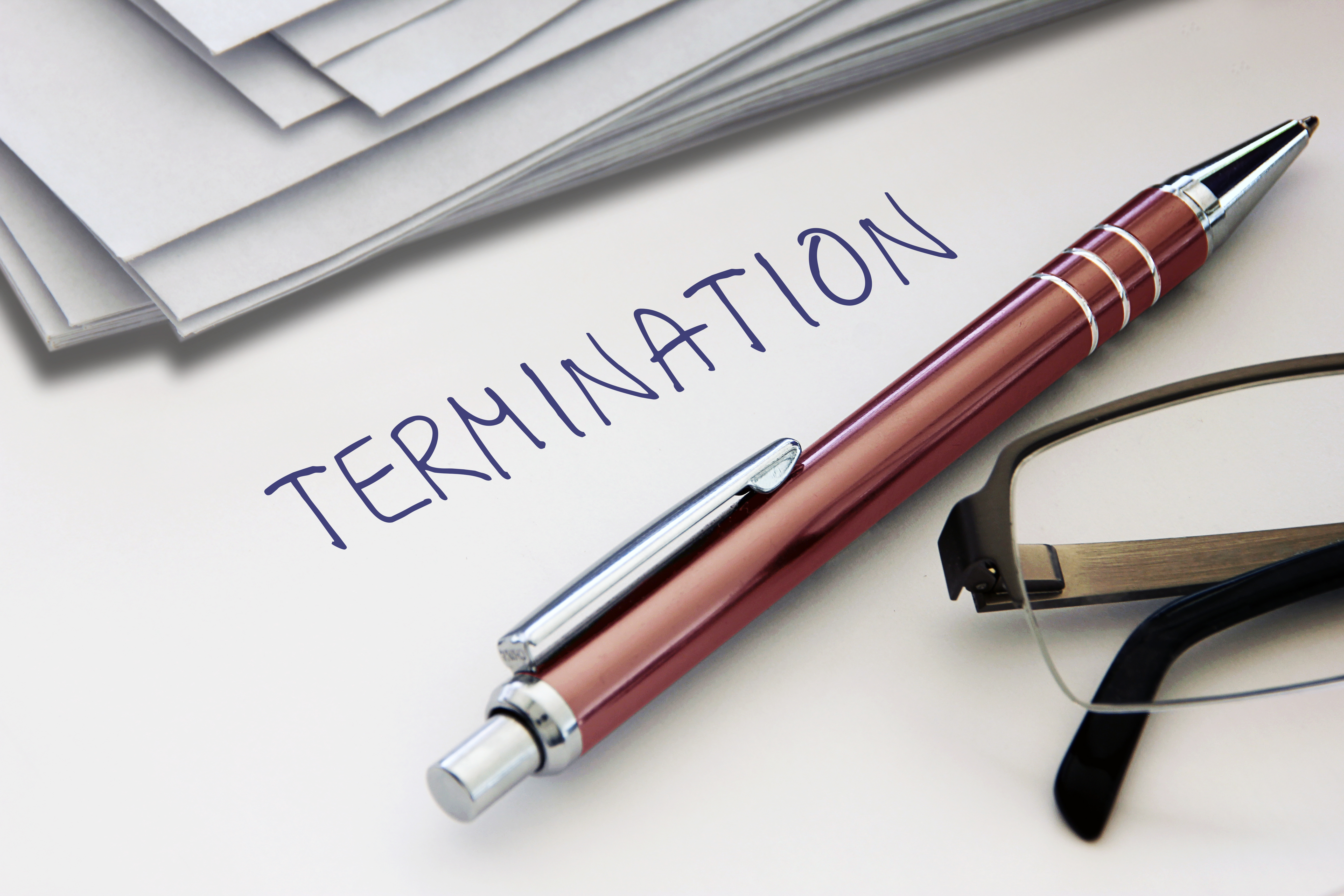
A disciplinary procedure is used by an employer to address an employee's conduct or performance. A grievance procedure is used to deal with a problem or complaint that an employee raises.
If you have a disciplinary hearing or a problem at work speak to one of our employment lawyers who will give you down to earth practical advice.
What is a disciplinary procedure?
It is a formal way for you to deal with an employee’s conduct. This may include an act of gross misconduct or a performance issue. You should try to resolve an issue in an informal way before stepping up to formal proceedings.
What are the Laws Governing Disciplinary Procedures?
If an employee’s behaviour or performance becomes unacceptable and attempts to resolve the issue through informal negotiations fail the next step is to initiate a disciplinary procedure. Once the decision is made to address the issue formally the ACAS Code comes into play. The ACAS code provides guidelines the employer can use to ensure they conduct a disciplinary procedure that will pass official muster.
Any internal disciplinary procedures you may have in place should adhere to the ACAS Code of Practice. While following ACAS guidelines is not mandatory, failing to do so could result in a grievance procedure that is ultimately found to be invalid by an Employment Tribunal.
Managing a Formal Disciplinary Process
In cases involving employee conduct issues, it is always best to adhere to established guidelines and steps. It is also important to have an experienced workplace grievance and disciplinary Lawyer on your side to advise you throughout. The workplace grievance and disciplinary Lawyer will advise you during every step of the formal process making sure missteps are not made that could cost you dearly in the long run.
What is an employee grievance?
This is where an employee makes a complaint about a colleague or a business procedure or decision. You should take a grievance seriously and will need to have in place a process to help you deal with it.
Types of Employee Grievances
The following represent some of the most common types of grievances brought by employees against their employers:
- The employee believes they have been the victim of workplace discrimination or bullying.
- The employee believes a new work policy or procedure impedes their ability to do their job.
- An employee has issues with one of their work colleagues.
In any of the above cases, there is no substitute for having an experienced workplace grievance and discipline Lawyer from Frederick Solicitor on your side. We will ensure your handling of the grievance is in line with established procedures while at the same time providing a stout defence of your interests.
The Role of the Grievance Chair
Once a grievance has been raised by an employee it will be necessary to designate a grievance chair to conduct a hearing with the employee and lead the investigation into the complaint. Again, an experienced workplace grievance and disciplinary Lawyer should be on hand to advise regarding the best individual to handle this important responsibility.
Our expert employment solicitors are here to help resolve your issue as quickly as possible.